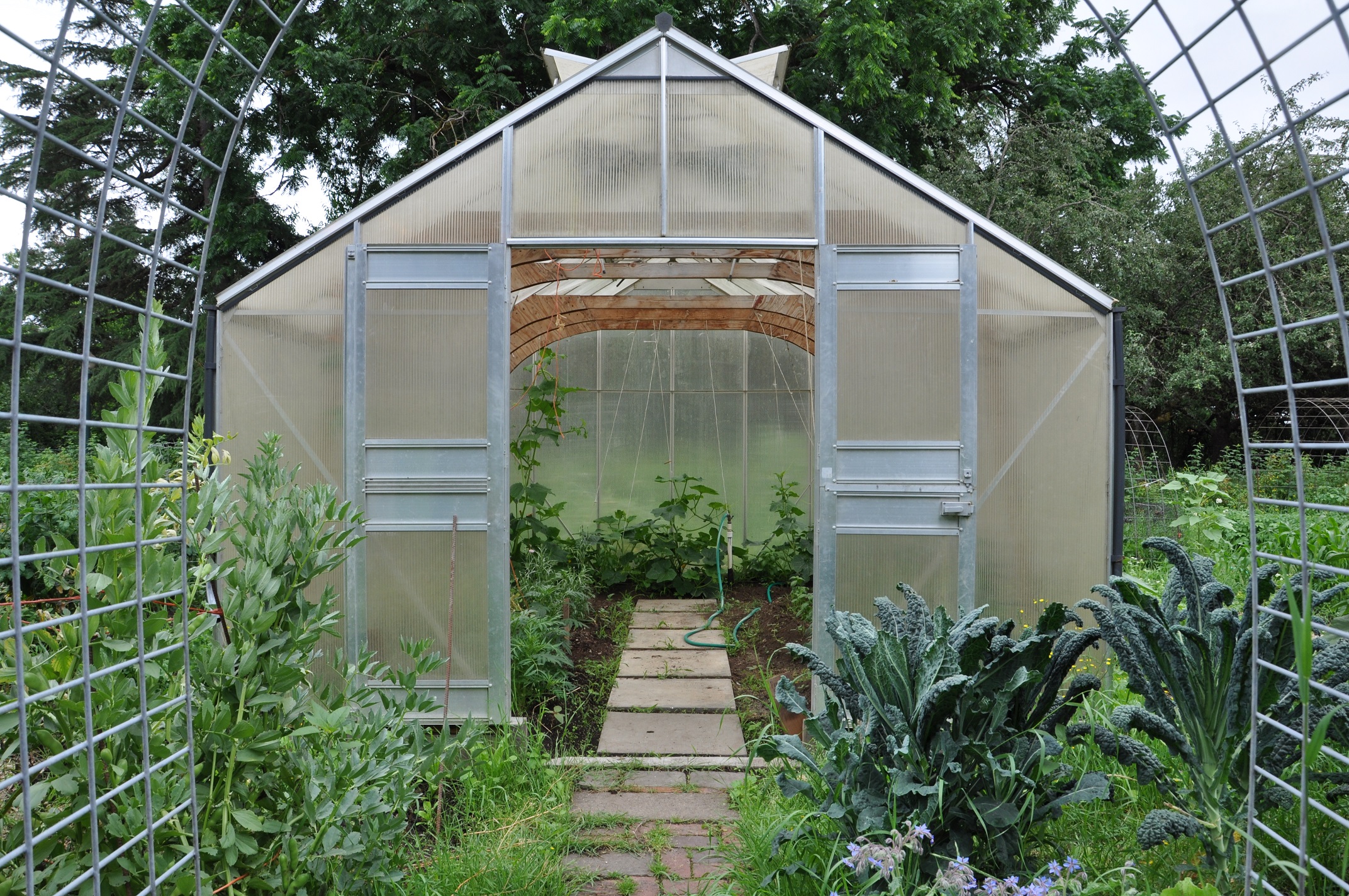LA 410/510: Civic Agriculture

This course is a place-based, experiential model of learning where students identify – and contribute to the actual development and enhancement of – the complex set of constituents and recognized tactics that are required to create and maintain a socially responsible and responsive local food system. Working in teams, students research, develop and implement various strategies geared towards repairing the damaging effects of industrialized food production and distribution within the campus and local communities.
Through this course students develop:
- an understanding of the cultural history of American agriculture from the outset, through mechanization and industrialization, to the return to the local vernacular.
- the role of small-scale (non-industrial) food systems in fostering local economies.
- an appreciation of the importance of civic agriculture in shaping human communities.
- a first-hand introduction of actual agrarian efforts to re-invent the local foodshed.
- familiarity with topics relevant to evaluation of locations for site scale urban farming, such as; site cultural history, geology, soils, climate and micro-climate, ecology, hydrology, aesthetics and zoning.
Required Texts:
- Civic Agriculture, Thomas A. Lyson
- The Essential Agrarian Reader, Edited by Norman Wirzba
